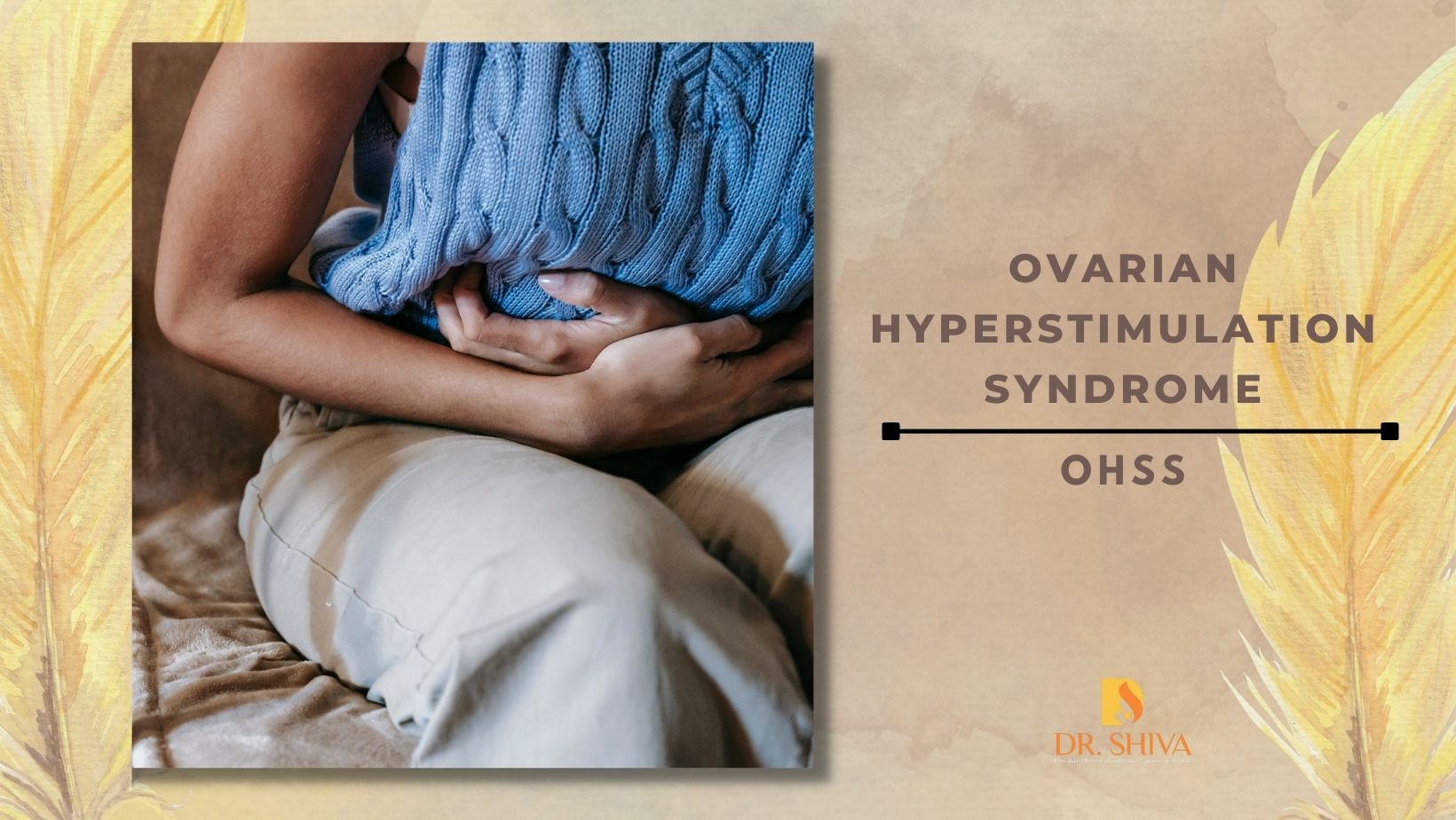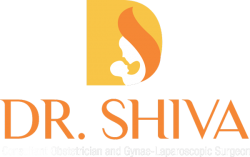
Ovarian Hyperstimulation Syndrome (OHSS) is a complication that usually occurs in women undergoing fertility treatment. As a part of the treatment, hormone medication is injected to stimulate the ovaries to generate more eggs than usual. But, in some cases, it causes blood vessels around the ovaries to leak fluid, which results in swelling of the ovaries and making it painful for the woman. This fluid may move to the abdomen. The treatment for OHSS is based on the severity of the issue.
Symptoms of Ovarian Hyperstimulation Syndrome
The symptoms usually start to occur a week after the usage of injections for stimulating ovulation. The symptoms may vary from mild to severe.
Mild Symptoms include –
- Nausea and Vomiting
- Thirst
- Slight increase in weight or waist size.
- Abdominal pain
- Bloating
Severe Symptoms include –
- Severe abdominal pain
- A rapid increase in weight
- Decrease in urination
- Having problems with breathing
- Blood clots
- Large count of follicles
If you are undergoing fertility treatments and experiencing breathing problems or leg pain, make sure to contact your doctor as soon as possible.
Factors that can increase the risk of having Ovarian Hyperstimulation Syndrome
- PCOS -polycystic ovary syndrome
- Age below 35
- Being underweight
- Having a high level of estrogen before injecting HCG
- History of OHSS
Complications related to OHSS
- Fluid collection in chest and abdomen.
- Dehydration
- In severe cases kidney failure and increased abdominal pain.
- Rupture of Cyst resulting in bleeding
- Blood clots may develop. There are chances these clots may travel to the lungs or other organs making it life-threatening.
- In rare cases death
Diagnosis
Diagnosis for OHSS includes ultrasound, physical exam, x-ray or blood test. A standard pelvic scan may not be suggested as there are chances for cysts to burst under pressure.
Management and Prevention of Ovarian Hyperstimulation Syndrome
- Increase intake of water
- Keep a track of your weight
- Avoid strenuous physical exercise
- If fluid has accumulated in the abdomen, it will be drained with a syringe.
Fertility plans are always set based on the patient’s health. If OHSS has been identified following steps may be adopted.
- The medicines will be adjusted to the lowest dose required to stimulate the ovaries for ovulation.
- Additional medications may be provided to reduce the risks associated with OHSS while at the same time not affecting the pregnancy.
- The estrogen levels and follicle count levels will be constantly monitored, so that if they are at a higher level the HCG shots may be paused for a few days.
- Alternatives for HCG shots may be used.
Getting pregnant can make OHSS worse. After taking all the aspects into consideration, the team may suggest to avoid sudden pregnancy. During this time they will freeze the eggs (embryo) and use it at a later stage after OHSS has reduced or cleared.
For more details, kindly contact us



